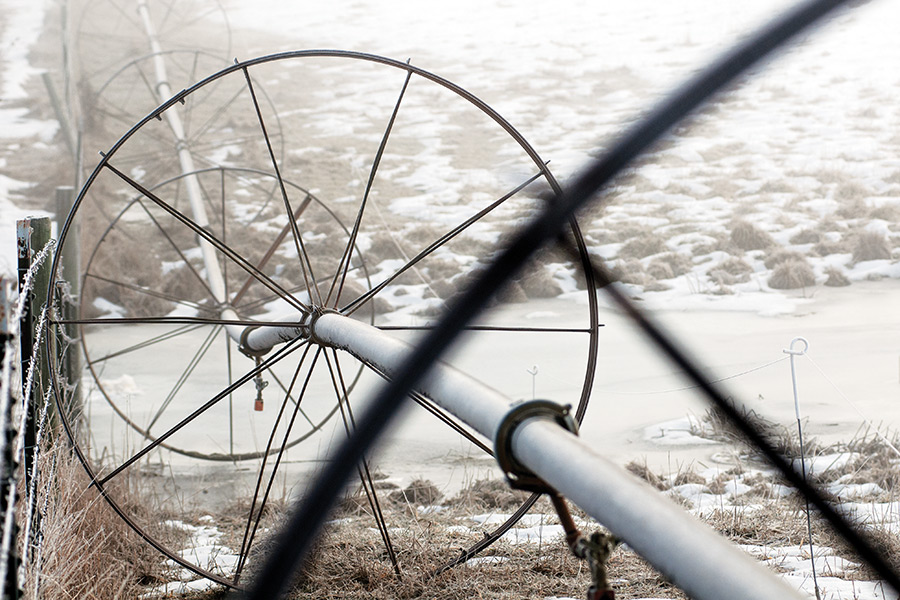HELENA — The largest and last of seven Montana tribal compacts passed out of the state Legislature on Thursday and moved toward its next hurdle in the federal government.
An agreement decades in the making to settle water-use rights on and around the Flathead Reservation received final approval on a 53-47 vote in the Montana House. Democratic Gov. Steve Bullock has promised to sign it.
With state approval, the proposal will go to the U.S. Congress for authorization.
Senate Bill 262 reflects an agreement by the Confederated Salish and Kootenai Tribes and the state and federal governments to recognize the tribes’ time-immemorial water rights and ensure non-tribal members continue to receive water.
It could be years before Congress acts on the Flathead negotiation, said Melissa Hornbein, staff attorney for the Department of Natural Resources and Conservation’s compact commission. If Congress doesn’t approve the proposal or appropriate money to it within four years of Bullock’s signature, the state and tribes have the option of withdrawing from the negotiation.
“That is intended to apply some pressure on the United States to move it along as quickly as possible,” Hornbein said.
After Congress, the proposal would go to the tribes. Implementation of the negotiation, which includes millions and possibly billions of dollars in updates to the Flathead Indian Irrigation Project, could begin when the Confederated Salish and Kootenai Tribes’ Tribal Council formally approves it.
Finally, the Montana Water Court must publicly consider the agreement before entering the language into a basin decree.
“That is absolutely one more opportunity for water users to weigh in,” Hornbein said, later adding the court is “one last opportunity to object.”
Hundreds of farmers and ranchers have flocked to the Capitol this session to speak on both sides of the Flathead water debate. Irrigators opposed to the proposal say they would lose water if the tribes are granted general oversight. Other irrigators say they are comfortable with the proposal because it requires the tribes to deliver them with the amount of water they have historically used.
The negotiation does not require immediate state funding to move forward, but bill sponsor Sen. Chas Vincent, R-Libby, said he will attempt to secure several million dollars in the 2016-2017 state budget to begin measuring irrigation water used on the reservation.
“If I can get the money in the budget, the water measuring may calm people down because they’re going to actually see that we’re going to go out there and measure what their historic use is,” Vincent said. “Because that’s what they’re going to get.”
